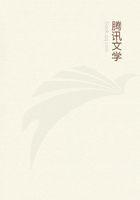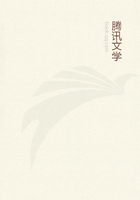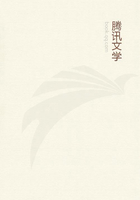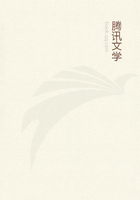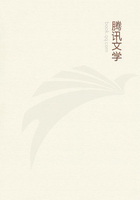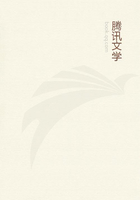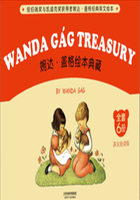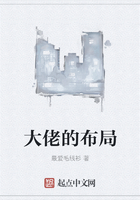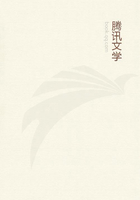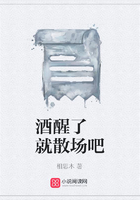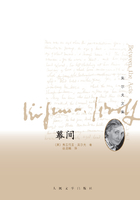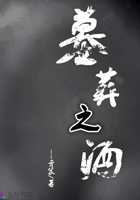It is said of Belisarius that Great and famous Commander of the Romanes, that even Rome it selfe owed to him twice her life: and yet at last was so unkinde to Belisarius as to put out both his eyes, and exposed him to beg in a little Cotage built without the gates, where hee often repeated this sentence to those that passed by, Date obolum Belisario, quem inuidia, non culp caecauit. And certainely our Nation may challenge as much or more of these unkinde friends, the Belisarius ever did or could of Rome: and they shew themselves no lesse unkinde, to deprive us of the light and life of this Trade of ours, and suffer this Nation to use so muc importunitie for their owne.
Homer reports of Patroclus, that he would needs put on Achilles armour, and ride on Achilles horse, but Achilles speare hee durst not touch, and thereby was knowne to Hector, with whom he fought, not to be Achilles, and so lost his life. These friends of ours have sometimes put on, sometimes put off, I had almost said, put out the Kings colours: They have sayled in His subjects shippes, but that Histam fidei they have not used, or abused rather; whereby they have beene discovered to the Indians, not to be the subjects of the faith's Defender, as sometimes they would have faigned, though to an evill purpose.
The Romanes were wont to weepe, at the sight of Caesars blood kept in an handkercher. Caesars subjects blood is kept, not in handkerchiefes but in sheetes, written within and without, the memory whereof maketh the people mourne. The cry thereof is gone up: the King will remember it, the King of Kings will avenge it.
Constantinus the Great, the father of Constantius, was wont often to protest, that he made more account of one Christian then of all his Coffers filled with treasure. And the Comfort of this Nation is, to bee the subjects of such a Sovertainge, who as constantly as ever did Constantinus, hath againe and againe profest, Not to account himselfe more rich or happie, then in the prosperitie of his subjects.
Thus much of the Domestique remote causes of the want of money in England: the forreine causes follow. Which are either in respect of the warres in christendome, or the Trades out of Christendome. The warres in Christendome are forreine remote causes of the want of money, either by causing the exportation, as the warres of Christians: or hindering the importation thereof, as the warres of Pirates. I will take the warres of Germanie for an urgent instance of the former: which have raised the Riecksdaller from two Markes Lubish, to twentie markes Lubish, in many place of Germany: whereby abundance of money is drawne unto the Mintes of those Countries, from all the other Mines and parts of Christendome.
And for the latter, I will instance the warres of the Pirats of Argier and Tunis, which hath robbed this Common-wealth of an infinite value: the crueltie whereof many feele with griefe, others heare with pittie, but the grivance remaine's. Needs must Christendome, and in it England, feele the want of money, when either it is violently intercepted by Turkish Pirats, the Enimies of God and man; or the instruments surprised, as men, ships, and merchandize, which are the channels to convey it to us. And heathenish policie it is, or hellish rather, put upon the Princes and people of Christendome by the Grand Seignour, to hold with them an outward forme to amitie, and in the meane time by his vassals, use a cunning and covert hostilitie.
The other forreine remote cause of the want of money, are the Trades maintained out of Christendome to Turky, Persia and the East Indies. Which trades are maintained for the most part with ready money, yet in a different manner from the trades of Christendome within it selfe. For although the trades within Christendome are diven with ready monies, yet those monies are still contained and continued within the bounds of Christendome.

